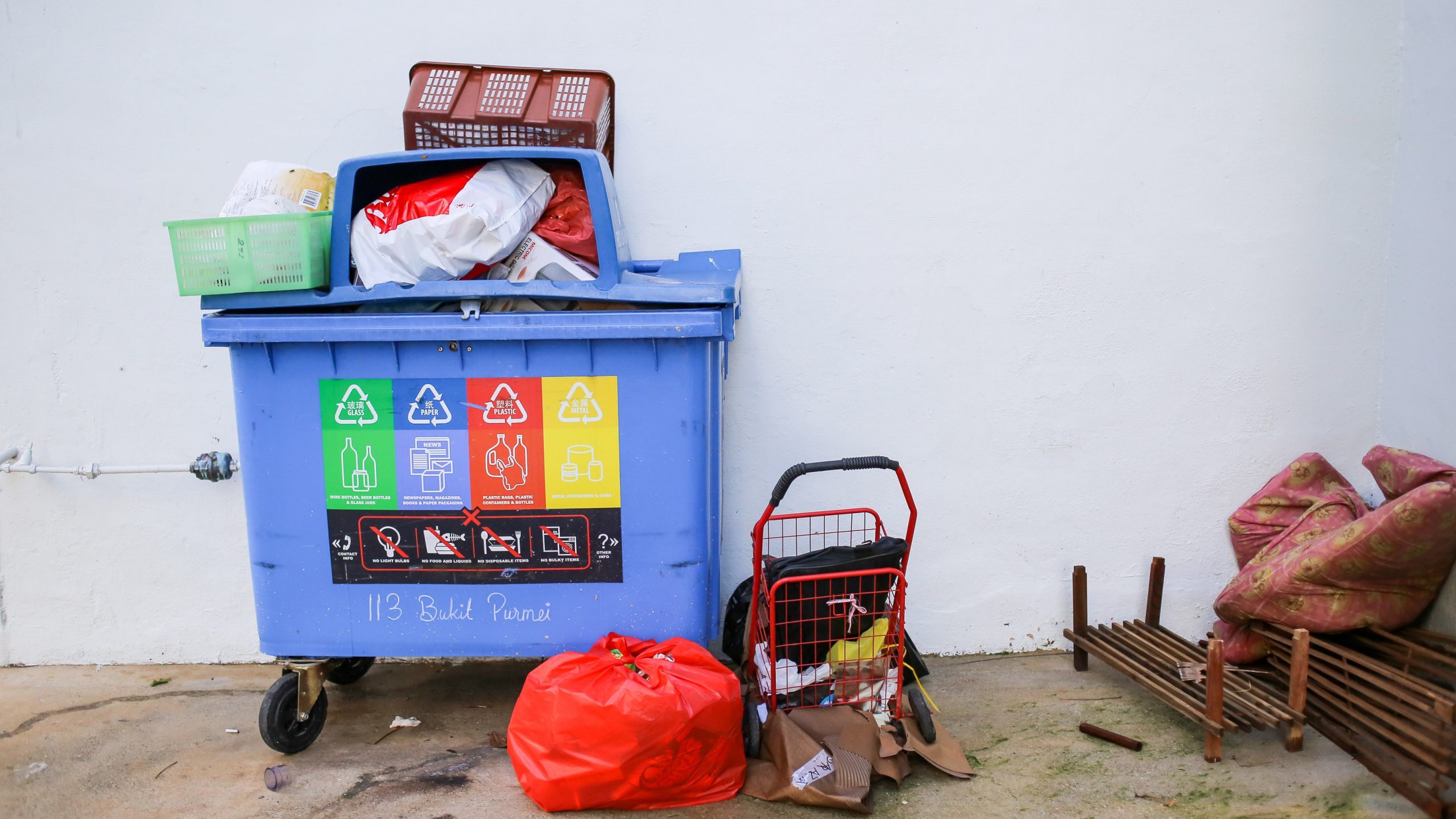Plastic Waste and Women’s Household Practices in Asia and Australia
October 30, 2024
Plastic waste has been one of the most persistent and troubling contributors to climate change. Due to its widespread use and inability to biodegrade, plastic waste poses serious environmental threats, often ending up in oceans, rivers, or other ecosystems. This harms organisms living within those ecosystems, whether through entanglement, habitat disruption, or ingestion. Finding ways to curb plastic pollution has been challenging and addressing the issue will require a multi-faceted approach.
Researchers have taken various approaches to studying plastic pollution, one such angle being how human behaviour contributes to plastic waste accumulation. The research project ‘Plastic Waste and Women’s Household Practices in Asia and Australia’, led by Raffles Professor of Social Sciences Brenda S.A. Yeoh FBA (NUS Geography & NUS Asia Research Institute) and Associate Professor Natalie Pang (NUS Libraries & NUS Communications and New Media), explores how women, in various roles, are influencing the management of household waste. The women involved include homemakers, career professionals, migrant domestic workers, and others.
The project is hosted by the NUS Asia Research Institute and funded by the Singapore Ministry of Education Academic Research Fund (AcRF) Tier 2 grant from 2022 to 2025. Research is conducted in three developed countries in the Asia-Pacific region–Singapore, Japan, and Australia. The research subjects, ranging from women aged 21 to 70 and above, are interviewed on their social practices towards household plastic waste, how plastics have influenced their lives, and how social media has influenced their plastic waste practices.
By relying on social, historical, and digital mediums, ‘Plastic Waste and Women’s Household Practices in Asia and Australia’ aims to provide the empirical context for studying how gendered labour within households influences the consumption and disposal of plastic waste. While keeping in mind that women worldwide have predominantly assumed responsibility for household care, the project seeks to shed light on how gender, along with other factors such as social class, occupation, and nationality, inform how plastic waste is managed in the household.

